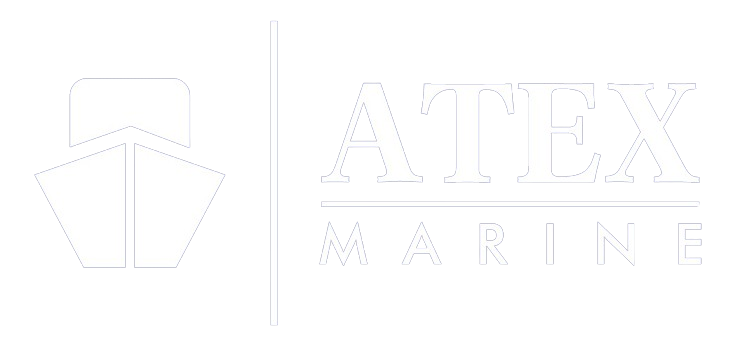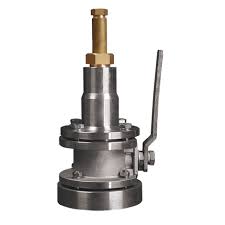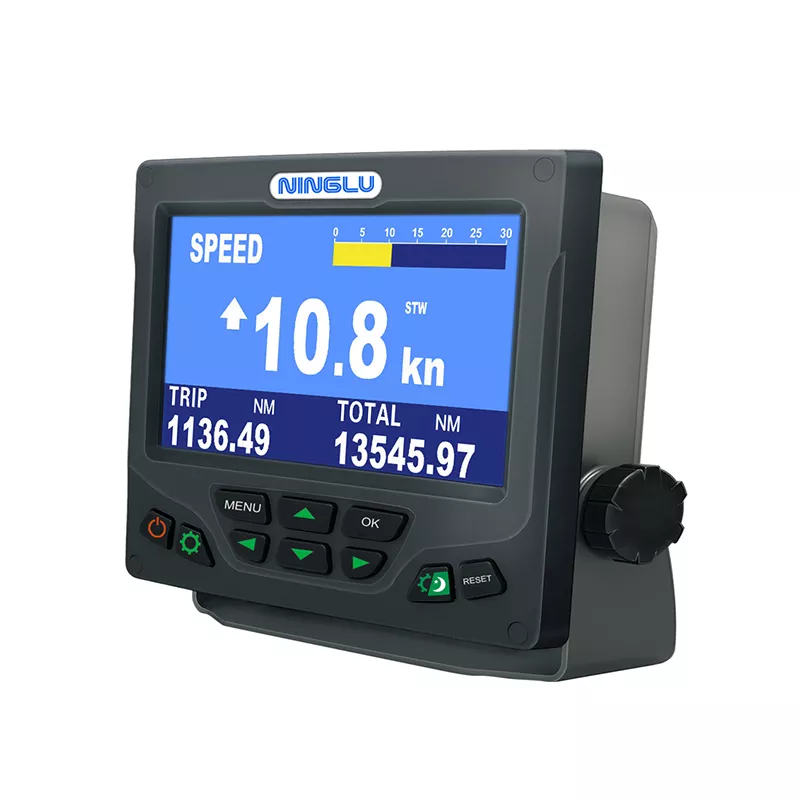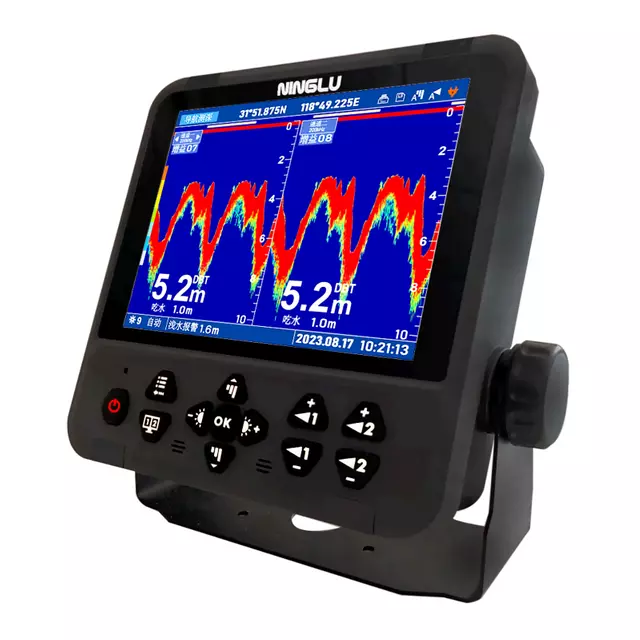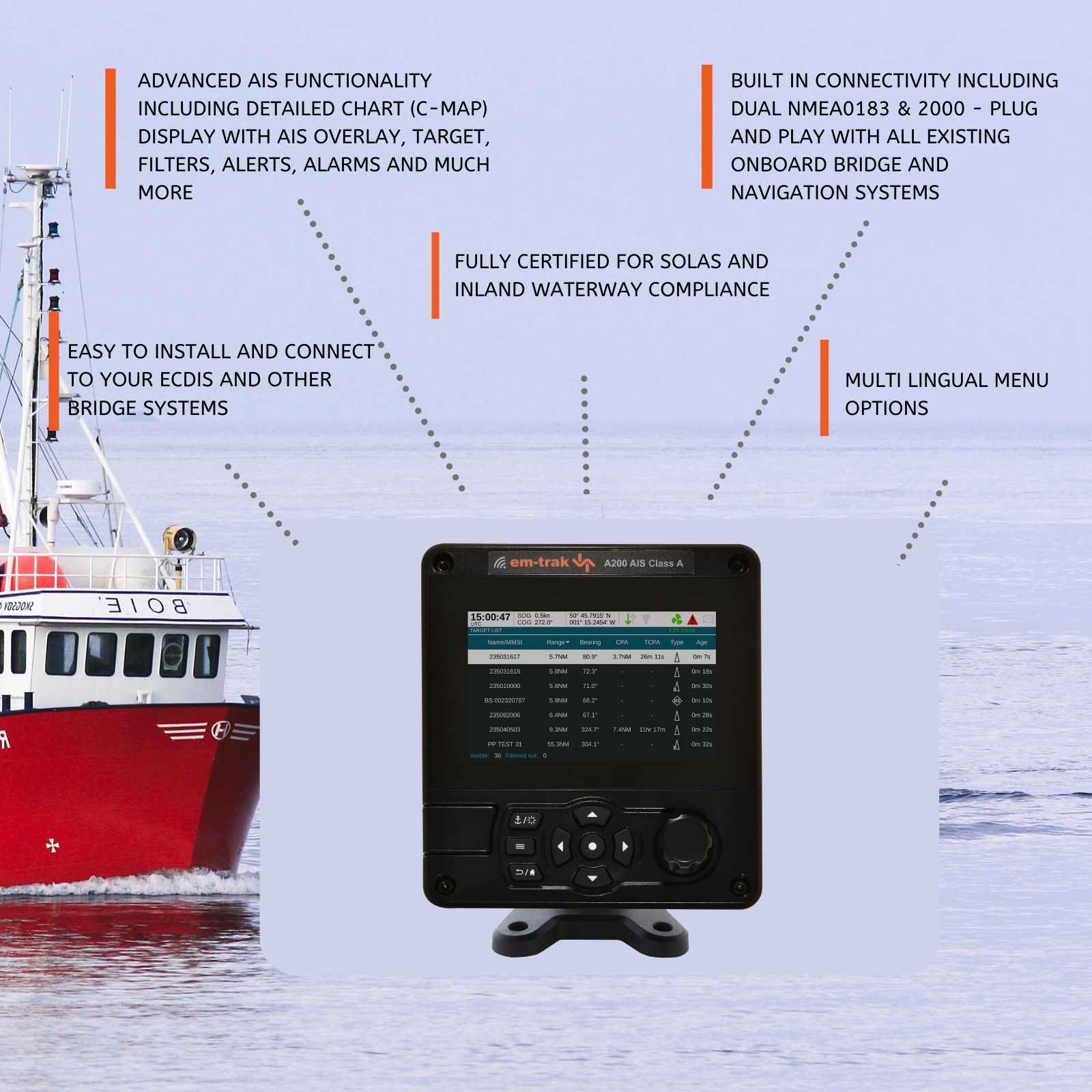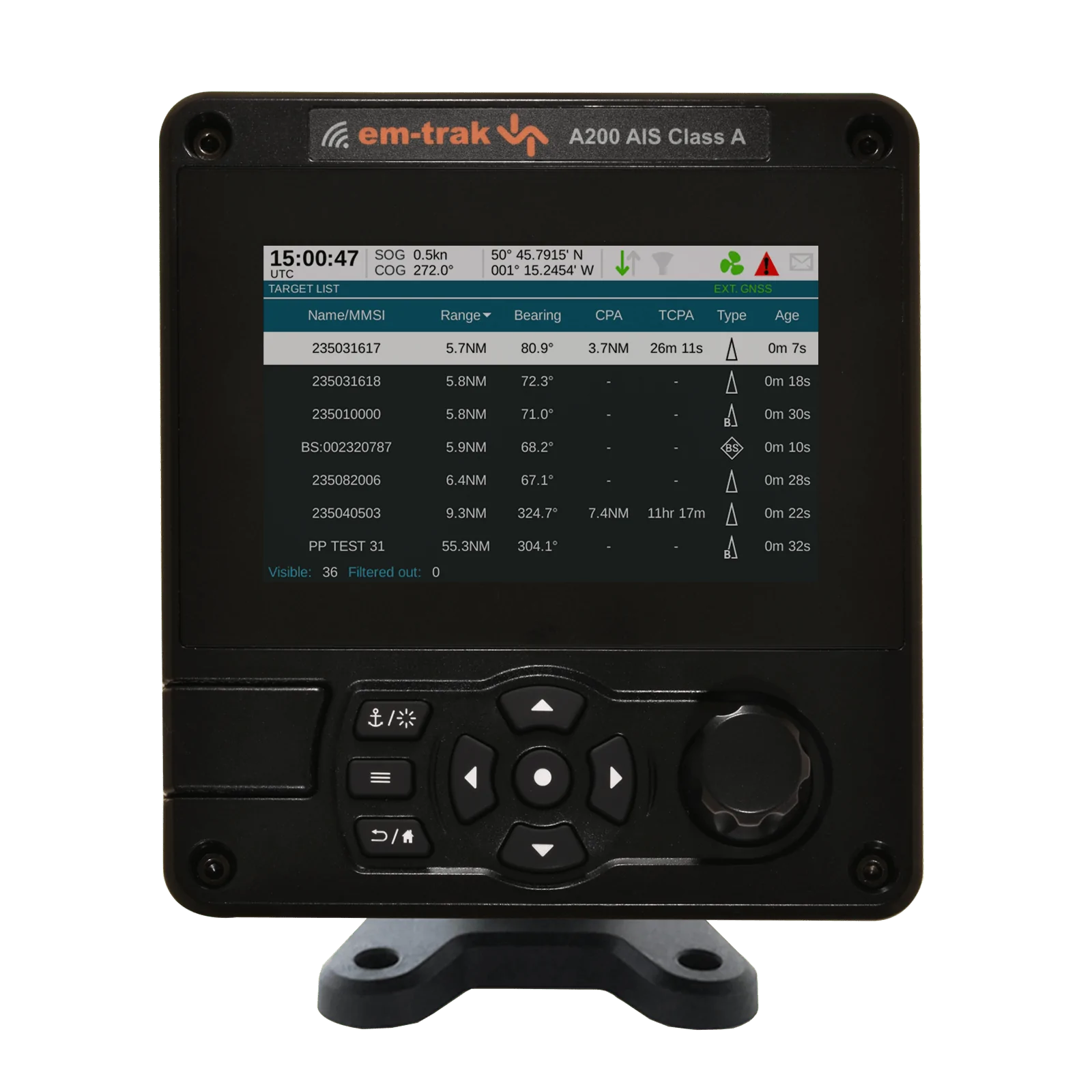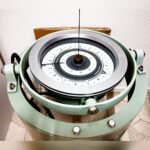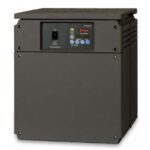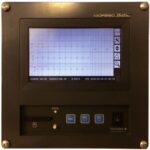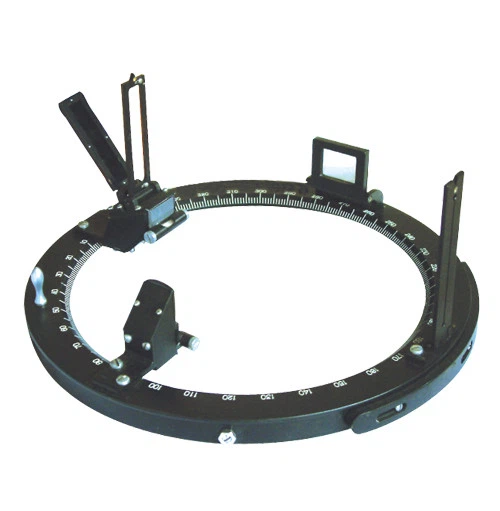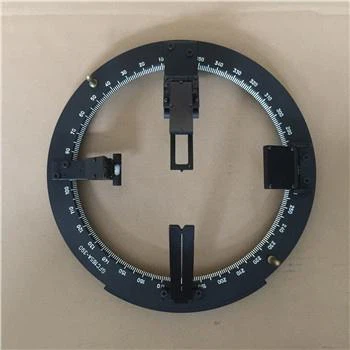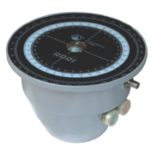Speed Log
A speed log, also known as a Doppler speed log or simply a log, is a device used to measure the speed of a vessel through water. It plays a crucial role in maritime navigation, ensuring accurate speed readings for safe and efficient operation. Below are some frequently asked questions (FAQs) about speed logs:
| Question | Answer |
|---|---|
| What is a speed log? | A speed log is a device used to measure the speed of a vessel through water by calculating the Doppler shift of sound waves or other methods. |
| How does a speed log work? | Speed logs typically use Doppler technology to measure the speed of water passing beneath the vessel. They emit signals that bounce off particles in the water, and the frequency shift of the returning signal is used to calculate speed. |
| What are the types of speed logs? | Common types include Doppler speed logs, electromagnetic speed logs, and acoustic Doppler speed logs (ADCP). Each type uses different principles to measure vessel speed accurately. |
| Where are speed logs installed on a vessel? | Speed logs are typically installed on the hull of the vessel, below the waterline, where they can accurately measure the speed of water passing by. |
| What units are used to measure vessel speed? | Speed logs measure vessel speed in knots (nautical miles per hour), which is the standard unit of speed measurement in maritime navigation. |
| Can speed logs measure speed over ground? | No, speed logs measure the speed of the vessel through water (water speed). Speed over ground is measured by GPS (Global Positioning System) devices. |
| Are speed logs affected by sea conditions? | Yes, sea conditions such as waves, currents, and water density can affect the accuracy of speed logs. Calibration and adjustment may be necessary to compensate for these factors. |
| How accurate are speed logs? | Modern speed logs are highly accurate, typically providing speed measurements with a small margin of error, which is essential for safe navigation and maneuvering. |
| What are the benefits of using a speed log? | Speed logs provide real-time speed information, which is crucial for navigation, collision avoidance, fuel efficiency calculations, and compliance with maritime regulations. |
| How often should a speed log be calibrated? | Speed logs should be calibrated regularly according to manufacturer recommendations or regulatory requirements to maintain accuracy and reliability. |
Conclusion
Speed logs are essential instruments on vessels for measuring water speed accurately, supporting safe navigation and operational efficiency. By utilizing advanced technologies like Doppler and electromagnetic principles, speed logs enhance maritime safety and performance.
